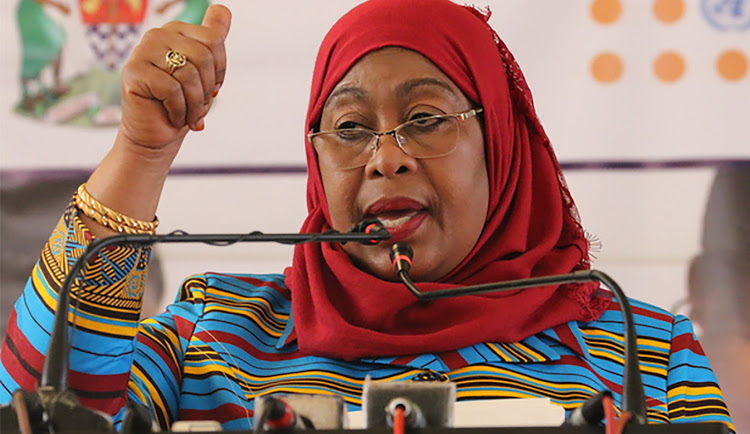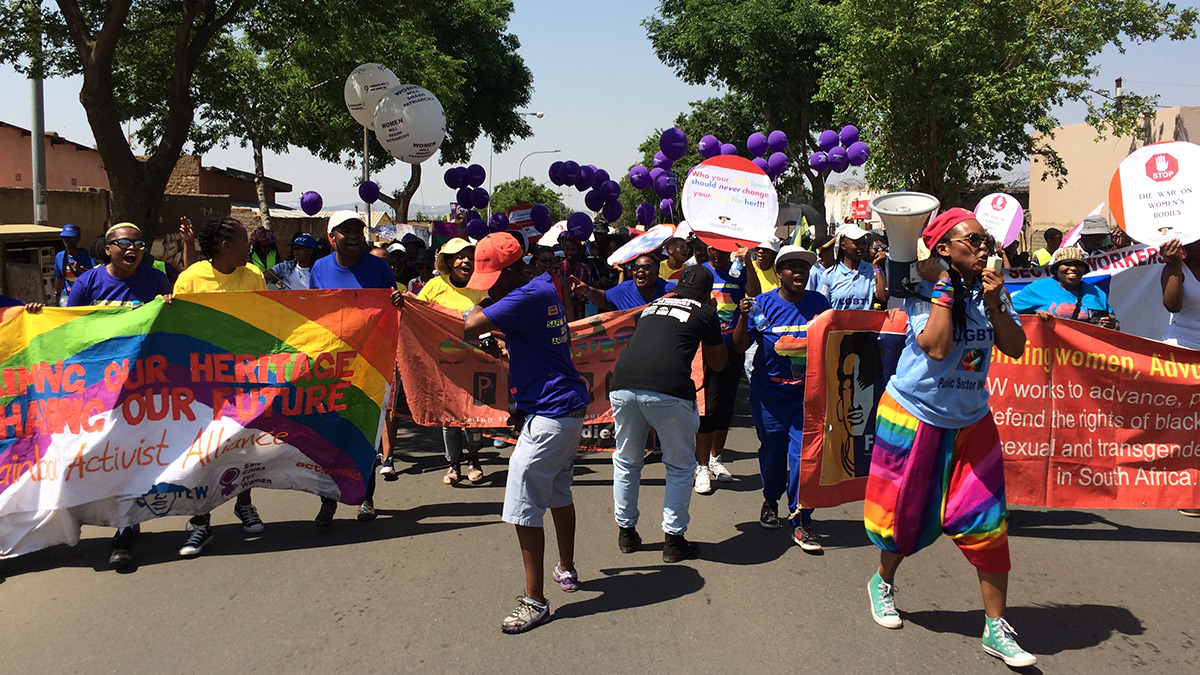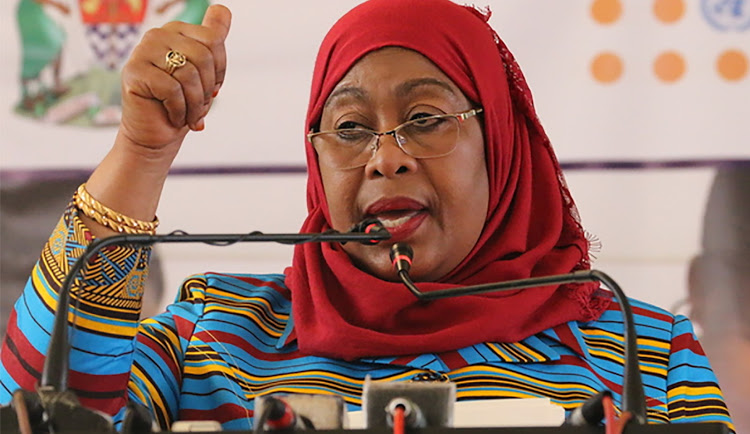President Suluhu's government has banned a series of children's books for violating cultural norms by promoting the LGBTQ and transgender agenda.

On Monday, Adolf Mkenda, the country's education minister, announced the ban on The Diary of a Wimpy Kid" books. Additionally, the government monitors all government and private libraries to ensure that copies of the book are not on the shelves.
According to the minister, other books, such as "Sex Education: A Guide to Life," were also prohibited. In contrast, the titles he gave to two books appeared to be pages from An ABC of Equality that included the words transgender and LGBTQIA.
"We are prohibiting the teaching of these books in schools and other educational institutions because they contradict Tanzanian cultural norms and morals," Mkenda told reporters in Dodoma, Tanzania's political capital.
Did you read this?
mkenda says that the mentioned books violate the excellent practice of bringing up children and urges parents to be vigilant on the books their children have access to and asks them to report any text they find to be going against the cultural norms of the conservative east African county.
Last week during a meeting with university leaders, president Samia suluhu asked leaders to be careful and watch out for some imported cultures adding that Tanzanians should abide by Tanzanian culture.

Frank Haule, a senior member of the ruling CCM party, said that gays were common in the universities and the practice is forbidden by the Tanzanian culture and prohibited in the religious book.

Many east African countries are becoming more sensitive to the content their citizens consume. Recently, kenya announced that it banned all content promoting the LGBTQ agenda.
Acting CEO of the Kenya Film Classification Board (KFCB), Christopher Wambua, stated in an interview with a local radio station that they also consider other applicable laws when rating and classifying content. If any content normalizes or glorifies same-sex relationships, Kenya's position has always been to restrict and not broadcast, exhibit, or distribute that type of content within the country's borders.









